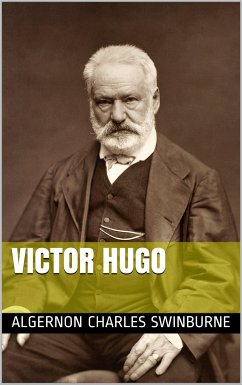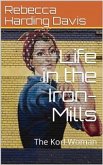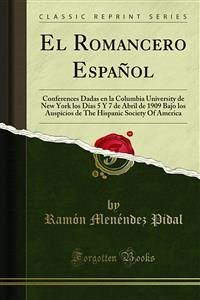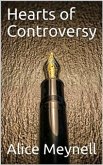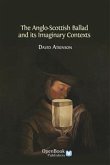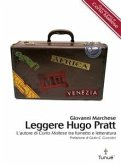Victor Marie Hugo (26 February 1802 – 22 May 1885) was a French poet, novelist, and dramatist of the Romantic movement. Hugo is considered to be one of the greatest and best-known French writers. Outside France, his most famous works are the novels Les Misérables, 1862, and The Hunchback of Notre-Dame (French: Notre-Dame de Paris), 1831. In France, Hugo is known primarily for his poetry collections, such as Les Contemplations (The Contemplations) and La Légende des siècles (The Legend of the Ages).
Hugo was at the forefront of the Romantic literary movement with his play Cromwell and drama Hernani. Many of his works have inspired music, both during his lifetime and after his death, including the musicals Les Misérables and Notre-Dame de Paris. He produced more than 4,000 drawings in his lifetime, and campaigned for social causes such as the abolition of capital punishment.
Though a committed royalist when he was young, Hugo's views changed as the decades passed, and he became a passionate supporter of republicanism; his work touches upon most of the political and social issues and the artistic trends of his time. He is buried in the Panthéon in Paris. His legacy has been honoured in many ways, including his portrait being placed on French currency.
Hugo published his first novel the year following his marriage (Han d'Islande, 1823), and his second three years later (Bug-Jargal, 1826). Between 1829 and 1840, he published five more volumes of poetry (Les Orientales, 1829; Les Feuilles d'automne, 1831; Les Chants du crépuscule, 1835; Les Voix intérieures, 1837; and Les Rayons et les Ombres, 1840), cementing his reputation as one of the greatest elegiac and lyric poets of his time.
Like many young writers of his generation, Hugo was profoundly influenced by François-René de Chateaubriand, the famous figure in the literary movement of Romanticism and France's pre-eminent literary figure during the early 19th century. In his youth, Hugo resolved to be "Chateaubriand or nothing", and his life would come to parallel that of his predecessor in many ways. Like Chateaubriand, Hugo furthered the cause of Romanticism, became involved in politics (though mostly as a champion of Republicanism), and was forced into exile due to his political stances.
His last novel, Quatre-vingt-treize (Ninety-Three), published in 1874, dealt with a subject that Hugo had previously avoided: the Reign of Terror during the French Revolution. Though Hugo's popularity was on the decline at the time of its publication, many now consider Ninety-Three to be a work on par with Hugo's better-known novels.
Hugo was at the forefront of the Romantic literary movement with his play Cromwell and drama Hernani. Many of his works have inspired music, both during his lifetime and after his death, including the musicals Les Misérables and Notre-Dame de Paris. He produced more than 4,000 drawings in his lifetime, and campaigned for social causes such as the abolition of capital punishment.
Though a committed royalist when he was young, Hugo's views changed as the decades passed, and he became a passionate supporter of republicanism; his work touches upon most of the political and social issues and the artistic trends of his time. He is buried in the Panthéon in Paris. His legacy has been honoured in many ways, including his portrait being placed on French currency.
Hugo published his first novel the year following his marriage (Han d'Islande, 1823), and his second three years later (Bug-Jargal, 1826). Between 1829 and 1840, he published five more volumes of poetry (Les Orientales, 1829; Les Feuilles d'automne, 1831; Les Chants du crépuscule, 1835; Les Voix intérieures, 1837; and Les Rayons et les Ombres, 1840), cementing his reputation as one of the greatest elegiac and lyric poets of his time.
Like many young writers of his generation, Hugo was profoundly influenced by François-René de Chateaubriand, the famous figure in the literary movement of Romanticism and France's pre-eminent literary figure during the early 19th century. In his youth, Hugo resolved to be "Chateaubriand or nothing", and his life would come to parallel that of his predecessor in many ways. Like Chateaubriand, Hugo furthered the cause of Romanticism, became involved in politics (though mostly as a champion of Republicanism), and was forced into exile due to his political stances.
His last novel, Quatre-vingt-treize (Ninety-Three), published in 1874, dealt with a subject that Hugo had previously avoided: the Reign of Terror during the French Revolution. Though Hugo's popularity was on the decline at the time of its publication, many now consider Ninety-Three to be a work on par with Hugo's better-known novels.

